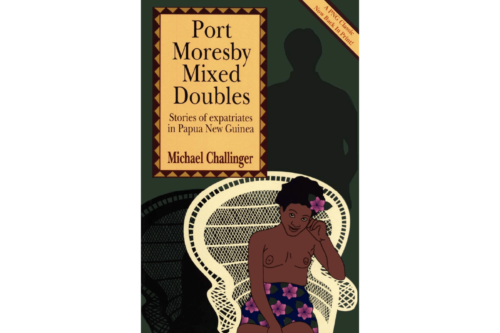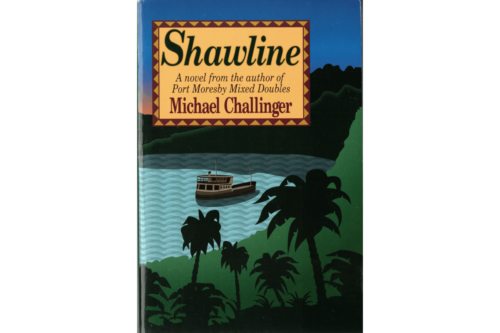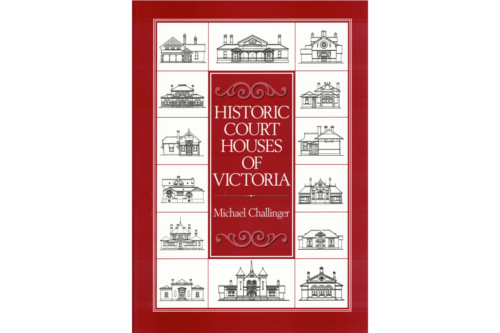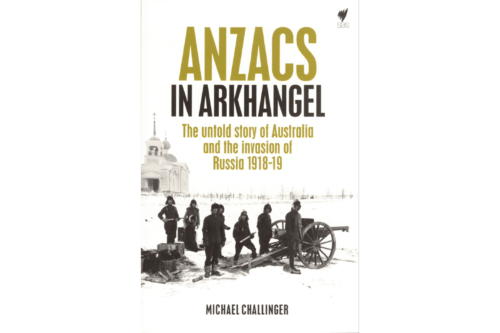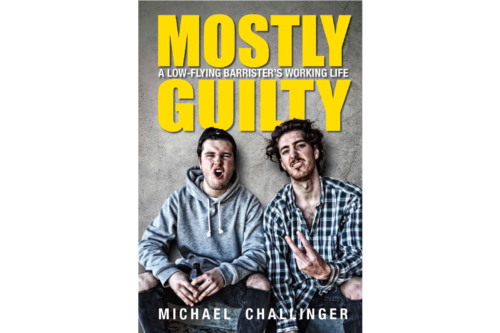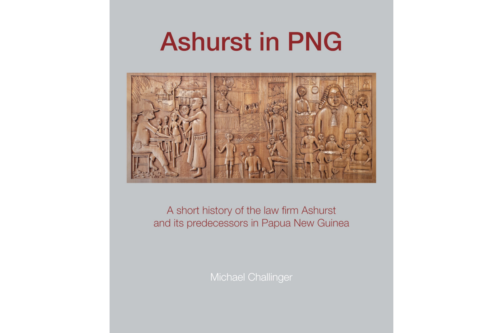-
Much has changed in Papua New Guinea in the years following Independence, but much as remained the same. White expatriates still form a rich, privileged but impermanent minority. Few of them have a long-term commitment to the country. The local inhabitants are often relegated to roles as domestic servants, subordinates at work, or as partners in brief sexual flings. Among the expatriates themselves, relations are complicated by boredom, jealousy and self-importance. These highly readable stories range from the tragic to the ribald. They reflect expatriate life in urban PNG and illustrate some of its major preoccupations: insecurity, money, drink, sex. Originally published in 1992, this edition includes a new preface by the author.
-
Shawline Shipping is in deep water. It owes money everywhere and has enemies in high places. Wilbur Shaw, the company's raffish and unscrupulous founder, enlists help wherever he can find it: a thuggish black seaman, an uncouth right-hand man, an inexperienced young lawyer whose moral scruples are tested as rigorously as his legal skills. Wilbur thinks Shawline needs an injection of Asian capital and management expertise. He gets both in a manner of speaking. From Singapore -- or is it Taiwan? -- comes the unflagging optimist Danny Wong. He offers Shawline a way out. Who knows, it may actually work.
-
Many of Victoria's court houses are historically significant. Some are architectural gems and all have local interest. This book details every one of Victoria's remaining pre-1945 court houses, providing a photograph and description of each building and accounts of some of the cases heard in them. It was not only murderers and criminals who passed through these buildings. Ordinary Australians, too, were sentenced in them. They were jailed for flying a red flag or riding a railway on a wagon. They were fined for ironing a shirt or rescuing a pig – for overcharging on mutton shanks or swimming in the Yarra on a Sunday. As the author writes, "Each has been the stage where a thousand human dramas have been played out and where some hint can be found of lives otherwise unrecorded." From the bizarre to the tragic, the cases afford a telling glimpse into the law and social values of the past. A fascinating book where history, law and architecture meet.
-
In November 1918, as World War One was coming to a close and soldiers were returning home, a small group of Australian men signed up for more fighting. Yet this time, the enemy was Russian Bolsheviks instead of Germans, and the frontline was the wild and frozen wastelands of far north Russia. With humor and an eye for irony, Michael Challinger tells the story of how this group of 150 Aussies was seconded to help protect the British from a rear guard attack from northern Russia. Stationed in the small town of Arkhangel, the soldiers became embroiled in what was to become the Russian revolution, as they battled not only the Bolsheviks but also extreme cold, hostility from locals, and a 25-kilometer front line. Two of these Australians soldiers went on to win Victoria Crosses and are perhaps our most neglected war heroes. Anzacs in Arkhangel brings Russian history into focus and reveals how easily the First World War could have been lost. It is a fascinating account of part of the Anzac legend that is not so much forgotten as never known.
-
Mostly Guilty deals with the workings of the lower rungs of the Australian legal system. It's about the down-to-earth cases that happen daily in Magistrates' Courts. It does so through the experiences and anecdotes of a low-flying criminal barrister. While the cases are from Victoria, the book makes reference to other states and has relevance and interest Australia-wide. The style is light, punchy and informal, with lots of direct speech and many funny yarns. Some of the book is tongue-in-cheek (and even politically incorrect) but it also makes serious points throughout. It's entertaining as well as informative. Most legal memoirs are by big-shot advocates or retired judges. Mostly Guilty is different, and doesn't take itself too seriously.

